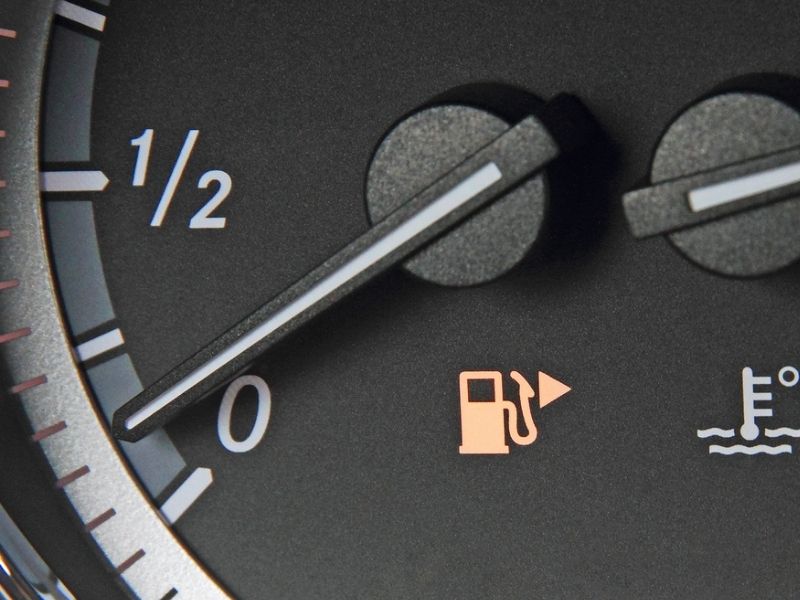Is the end nigh for traditional automobiles? It’s the dream of every lemon law lawyer in LA, and it could just become a reality if the work laid-out in Governor Gavin Newsom’s 2020 executive order goes according to plan. If you’re late on the news, or just wanted a refresher about what was going on, then read ahead as we discuss the plan to radically change California’s relationship with automobiles and fossil fuels.
What Was That Executive Order, Again?
Flash back to 2020 for a moment, and you may recall Executive Order N-79-20, a commitment to tackle climate change head-on. Specifically, the order states that “It shall be a goal of the State that 100 percent of in-state sales of new passenger cars and trucks will be zero-emission by 2035,” adding that “It shall be a further goal of the State that 100 percent of medium- and heavy-duty vehicles in the State be zero-emission by 2045 for all operations where feasible.”
It’s an ambitious goal, if ever there were one, but according to some sources, it may be getting even more ambitious in the weeks and months to come:
“California’s planned transition to 100% zero-emission vehicle sales by 2035 could be getting changes soon, as the Executive Board of the California Democratic Party today unanimously adopted a resolution to call for an end to new gas car sales in the state by 2030.”
The reason for this update? In part, the move was spurred on by the actions of a few of the more forward-thinking locales in California. Culver City, Oakland, and Berkeley all adopted their own resolutions with 2030 targets, so the state is trying to follow suit.
Controversy Over The Goals
Of course, no climate action can ever be taken without causing a massive row. On the one hand, anxious businesses, like gas stations and some auto manufacturers,who believe the target is too bold and could upend economic interests. Then there are naysayers who believe that the action required to achieve a future free of fossil fuels is too great, like Dave Greiner, a mechanic and owner of Performance Motoring:
“I’m trying to think of a word besides ridiculous, but that’s the first thing that pops into my head. We can’t even supply power for the state, much less power for recharging all of these [electric] cars, not to mention the legality of telling people what they can and can’t sell.”
But this is not the only sentiment. On the flipside, there are those who believe a ban on gas-powered vehicles can’t come soon enough:
“We’re glad that the California Democratic Party seems to agree. A 2035 end date is simply not early enough, as many gas cars sold in 2035 will still keep polluting well past 2050, which is the date many are targeting for carbon neutrality (and we’d like to see that date get pushed forward as well).”
Who will win out, and is a future without fossil-fuel vehicles even feasible? That remains to be seen, but reports about the precarious state of Earth’s climate hold true, it may be the only choice that allows humanity to thrive well into the future.




